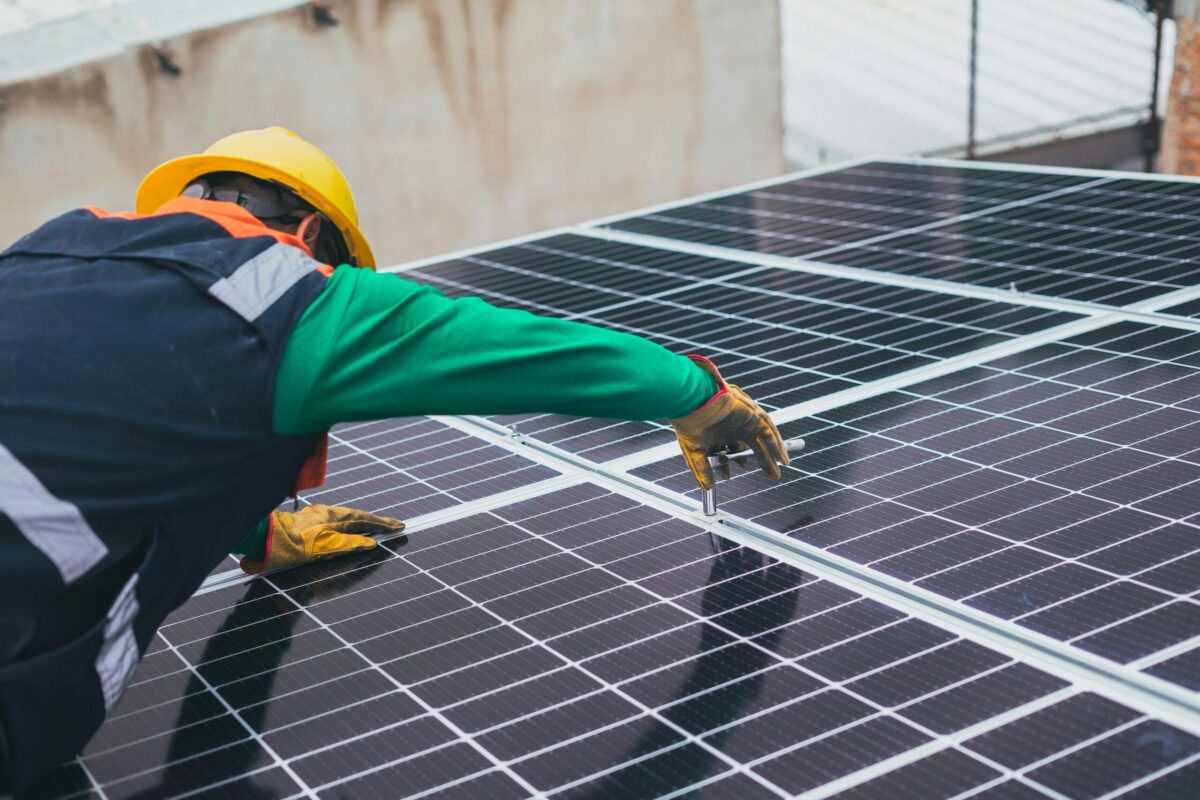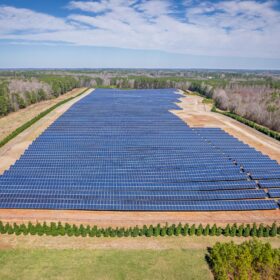It’s now a full house over at the Federal Energy Regulatory Commission (FERC), the federal body charged with regulating interstate transmission, wholesale electricity markets and oil and gas pipelines. Last Thursday the U.S. Senate approved both Kevin McIntyre and Richard Glick, as the fourth and fifth members of FERC.
This will be the first time that FERC has had a full five members in the past two years; although the approval of Neil Chatterjee and Rob Powelson gave the commission enough members to form a quorum and issue rulings.
President Trump appointed McIntyre to serve chair of FERC, although it is not clear that he has taken the role yet. McIntyre is an energy lawyer at Jones Day, and as pv magazine has noted was an uncharacteristically uncontroversial choice by the Trump Administration to lead the federal agency. Richard Glick served as general counsel for the democrats on the Senate Energy and Natural Resources Committee, a body which until last fall was led by the famously pro-petroleum Senator Mary Landrieu (D) from Louisiana.
Interim Chair Neil Chatterjee has had the unenviable task of championing a directive from the U.S. Department of Energy to design subsidies for “fuel-secure” generation, which would apply to coal and nuclear facilities. This is despite a paucity of evidence that the presence large piles of coal or uranium has more than a passing relevance to grid reliability, and the Notice of Proposed Rulemaking (NOPR) has engendered a stunning volume and breadth of opposition.
Given the little information that we have on McIntyre, it is unclear how his appointment will effect the advance of the NOPR. Pushing this bailout forward may be a rather daunting task, given that FERC Commissioner Cheryl LaFleur (D) has noted that the directive so far is not sufficiently detailed to form a rule.
This content is protected by copyright and may not be reused. If you want to cooperate with us and would like to reuse some of our content, please contact: editors@pv-magazine.com.









By submitting this form you agree to pv magazine using your data for the purposes of publishing your comment.
Your personal data will only be disclosed or otherwise transmitted to third parties for the purposes of spam filtering or if this is necessary for technical maintenance of the website. Any other transfer to third parties will not take place unless this is justified on the basis of applicable data protection regulations or if pv magazine is legally obliged to do so.
You may revoke this consent at any time with effect for the future, in which case your personal data will be deleted immediately. Otherwise, your data will be deleted if pv magazine has processed your request or the purpose of data storage is fulfilled.
Further information on data privacy can be found in our Data Protection Policy.